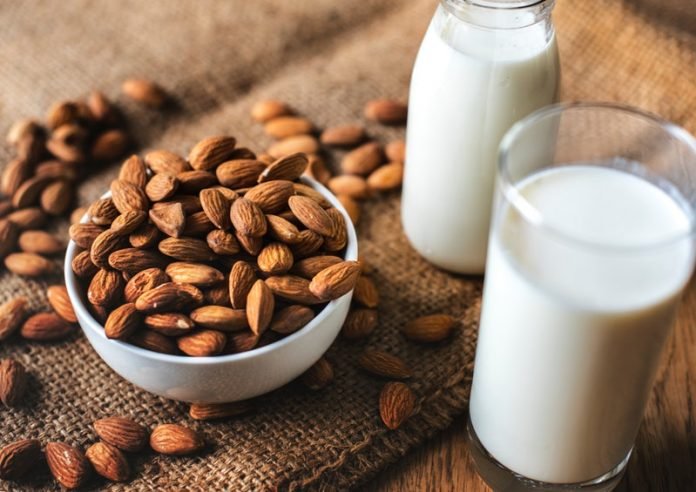
In a new study, researchers found that protein intake may be linked to slower progression of age-related inflammation.
This shows a new health benefit of a diet high in protein.
The research was conducted by a team from Tufts University.
Inflammation plays an important role in diseases related to aging.
Previous research has shown that consuming protein may benefit people hoping to lose weight or build muscle mass.
In the current study, the team examined 2,106 participants of the Framingham Heart Study’s Offspring Cohort.
They compared the participants’ composite inflammation scores against their protein intake.
They found that in people who are 60 and eating adequate protein in their diet showed fewer signs of “inflammaging.”
Inflammaging is a low-grade, age-related chronic inflammation associated with frailty and illnesses such as hypertension, diabetes, heart disease, and cancer.
In addition, the most favorable results were for participants who consumed higher levels of plant protein.
This is the first study showing the impact of regular protein intake over a long period of time on age-related inflammation and oxidative stress.
The team shows striking maintenance of physical function and lower risk of disability with age among older individuals who consumed higher amounts of protein since mid-life.
They hope people with inadequate levels of protein might benefit from the finding.
The recommended daily amount of protein for adults depends on several factors, including age, weight, and gender.
An average 165-pound adult would need 60 grams of protein per day—about the equivalent found in three cans of tuna or four containers of Greek yogurt.
For plant protein sources, a cup of cooked quinoa contains about 8 grams of protein, and a quarter cup of almonds has 6 grams.
The authors of the study include epidemiologists Adela Hruby and Paul F. Jacques.
The study is published in the journal Current Developments in Nutrition.
Copyright © 2019 Knowridge Science Report. All rights reserved.



